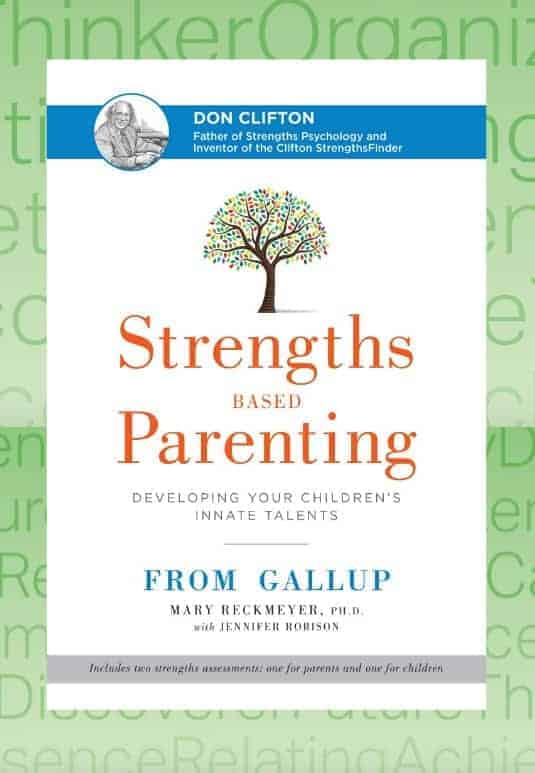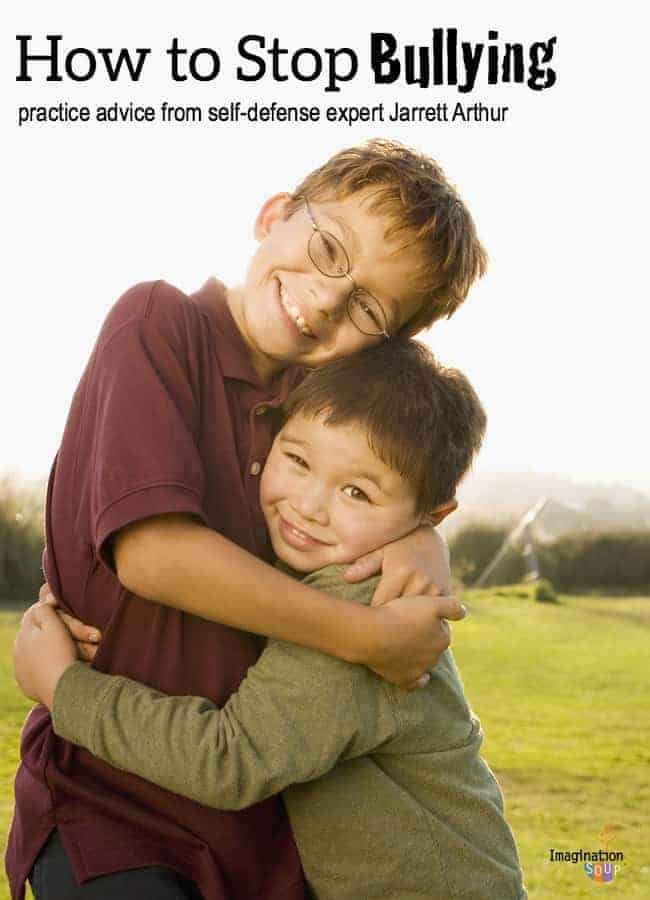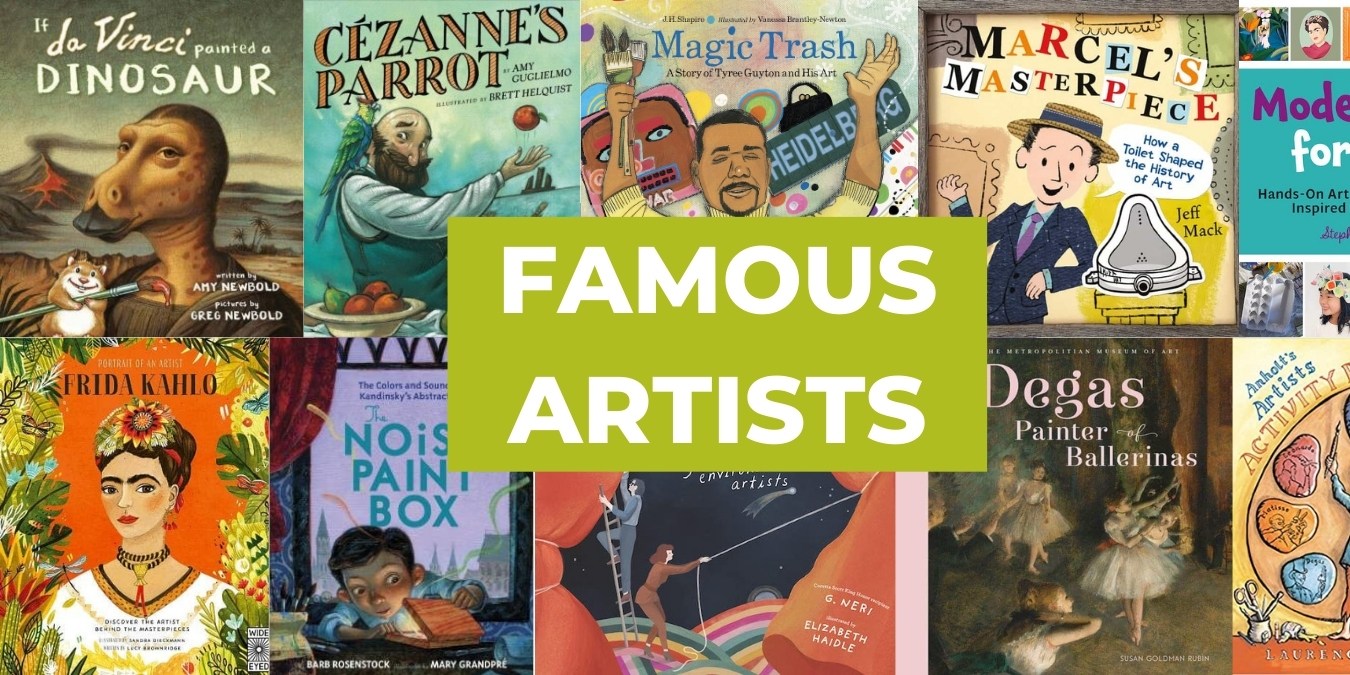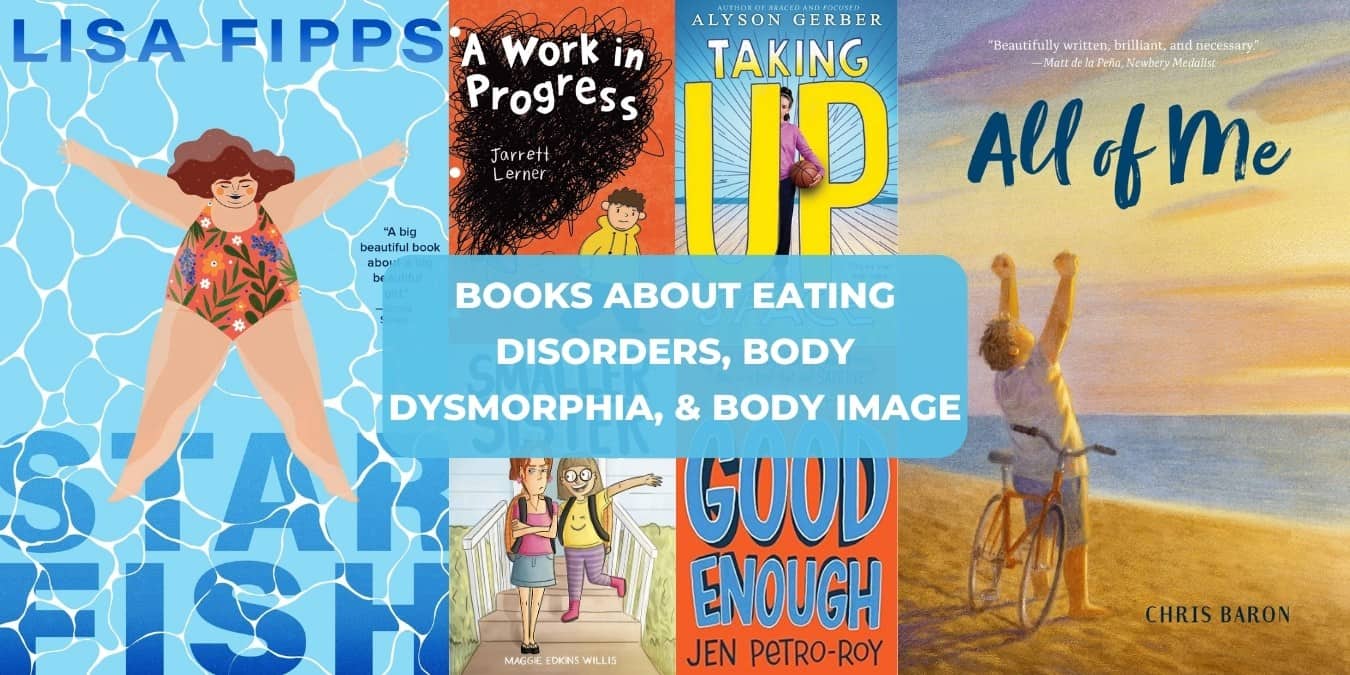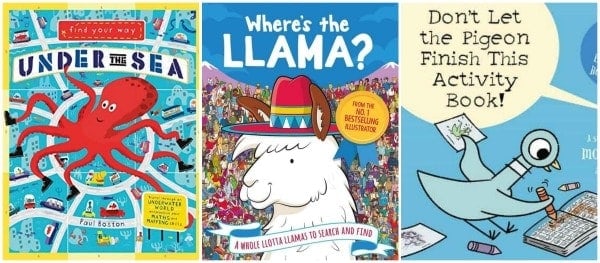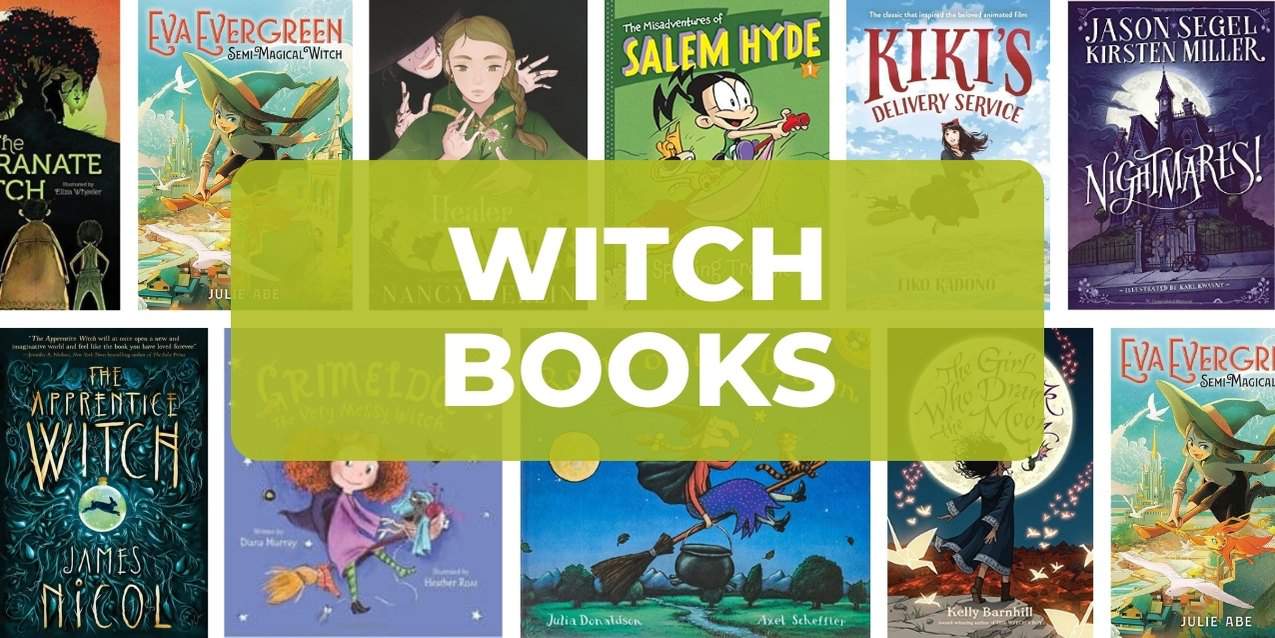Strengths Based Parenting From Gallup
This post may contain affiliate links.
Strengths Finder 2.0 by Tom Rath was an important books in my life. I read it and took the assessment at an uncertain time in my career — would I return to teaching or choose a different path? (You can read more about my discoveries and journey here.)
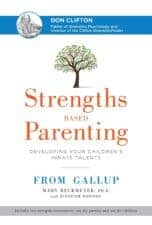 Strengths Based Parenting Developing Your Children’s Innate Talents From Gallup by Mary Reckmeyer, Ph.D. with Jennifer Robinson builds on the research from Gallup and information in Strengths Finder 2.0. Like it’s predecessor, it focuses on understanding and developing our strengths to build a successful life, this time with our children and as parents.
Strengths Based Parenting Developing Your Children’s Innate Talents From Gallup by Mary Reckmeyer, Ph.D. with Jennifer Robinson builds on the research from Gallup and information in Strengths Finder 2.0. Like it’s predecessor, it focuses on understanding and developing our strengths to build a successful life, this time with our children and as parents.
Strengths Based Parenting
Focusing on our weaknesses doesn’t work. The author writes, “the best you will achieve in an area of weakness is mediocrity. You’ll accomplish a lot more by improving on a talent than by trying to fix a weakness.” Indeed, once we look at where our innate talents lie, and develop those, we (our kids, too!) will experience success.
REALLY?
My kids don’t believe this. In fact weaknesses turning into strengths was our dinnertime discussion last night — they’re being told otherwise at school.
And to a certain extent they are correct — you can always improve on your weaknesses. You’re not supposed to skip math just because it’s not a talent. The question is can a weakness be focused on to become a strength?
Reckmeyer says no. “Don’t ignore your weaknesses but understand that you will be better able to cope with them when you now your talents and strengths and when you have experienced success. The key is managing your weaknesses so they don’t become obstacles to excellence.”
SUCCESS? That an ambiguous goal, right? We all have different definitions.
The book says, “By success, I mean happiness, fulfillment and a life well-lived — . . . a life in which he has the ability to use his talents to create an environment that sustains and motivates him with the people he cares about and who care about him.”
Do you agree with this definition enough to keep reading?
If so, the question for us as parents is how to facilitate an environment that turns our children’s innate talents into strengths. This book suggests that first we must understand our children’s innate gifts. Then we can give them time to explore and learn about their interests in these areas, and help them become good at something.
A few more terms:
“A talent is a natural way of thinking, feeling or behaving.”
“A strength is the result of taking” that talent and investing in it so that it can be used for “a near-perfect performance in a given area.”
I need to retake my test, I can’t remember all of my strengths and am curious if any that I do remember have changed.
The book claims the many positive benefits of living life from a strength-based model rather than a deficit-based one — which is not too surprising. And, can you imagine, VERY HELPFUL in a school setting!
The Clifton StrengthsFinder assessment for children ages 10 – 15 is an adaptation of the adult StrengthsFinder. This book includes a code for both the adult Clifton StrengthsFinder and the Clifton Youth StrengthsExplorer assessments but you can also purchase these without the book. But, you really need the book for full explanations of each strength!
“What would happen if we studied what was right with people versus what’s wrong with people?”
– Don Clifton
The Assessment & Results
My 10-year old took the test last night and her top three themes were: dependability, caring, and organizer. (For those of you who know the StrengthsFinder assessment, the youth themes are different than the adult ones.)
Okay.
Now what?
Well, we can start by downloading the printable workbook for her to use based on her report. This is a guided way to help kids think more deeply about each strength theme in their lives.
There’s also a parent guide which asks me questions to facilitate my parenting.
Will this be helpful information to me as her parent?
It might be.
Especially if I can help HER remember all her strengths and talents, appreciate them, and use to see herself for who she is.
Of course, I haven’t even touched the many applications of this for my co-parenting with Jeff. We’ve both done the test and had enough therapy to know each other’s strengths pretty darn well. And then laugh about how different we are. There’s a lot there but we’ll save that for another day.
You’ll find gems of insight that can be helpful in parenting tweens and teens in this book, Strengths Based Parenting, so I think it’s worth the investment.
What do you think? Would you find this useful?
